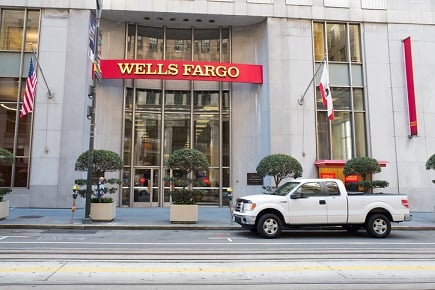The embattled bank has already shelled out $142 million to consumers and $185 million to regulators over the scandal. Now it's preparing to fork over even more to investors

Wells Fargo is unlimbering its checkbook yet again. The embattled bank has agreed to pay $480 million to settle a class-action lawsuit related to its fake-account scandal.
The lawsuit was brought by investors who bought Wells Fargo stock between February 2014 and September of 2016, when the scandal broke. The investors accused the banking giant of securities fraud related to the scandal, according to The Philadelphia Business Journal.
The scandal broke when it was revealed that Wells Fargo employees had opened as many as 3.5 million customer accounts without those customers’ knowledge or approval. The ensuing fallout included a $185 million regulatory penalty, a $142 million settlement with the affected customers, and the ouster of then-CEO John Stumpf.
Wells Fargo did not admit responsibility in the latest settlement, the Business Journal reported. The bank said that it settled the lawsuit “to avoid the cost and disruption of further litigation.”
“We are pleased to reach this agreement in principle, and believe that moving to put this case behind us is in the best interest of our team members, customers, investors and other stakeholders,” CEO Tim Sloan said. “We are making strong progress in our work to rebuild trust, and this represents another step forward.”
The fake-accounts matter, however, was only the first of a seemingly endless parade of scandals for the bank over the last two years. Since that scandal broke, Wells Fargo has been sued repeatedly for discriminatory mortgage-lending practices, accused of retaliating against whistleblowers, found to have charged customers for unnecessary auto insurance, and admitted to charging mortgage customers improper rate-lock fees. Last month, the bank was fined $1 billion by government regulators over its auto-lending and mortgage practices.



